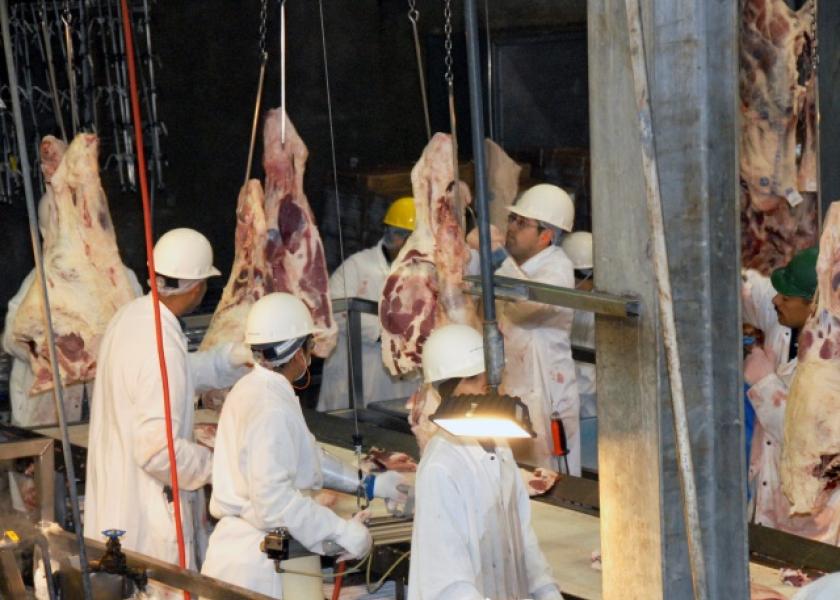Federal Appeals Court: Tyson Foods Doesn't Underpay Workers

Tyson Foods doesn't have to pay workers at two of its Nebraska plants for the time they spend putting on and taking off safety gear and preparing for work, a federal appeals court ruled Wednesday.
The 8th Circuit U.S. Court of Appeals said lawsuits filed by workers at its plants in Dakota City and Madison failed to show that Tyson had agreed to pay them for that time. The decision eliminates two lower-court decisions that ordered Tyson to pay more than $20 million to the workers and their lawyers.
"We continue to believe we're paying our people appropriately and, like other businesses, have strived to comply with federal wage and hour laws that are not precise in describing what activities should be compensated," Tyson spokesman Gary Mickelson said.
The Nebraska workers filed the lawsuits in 2008, saying they should be paid for the roughly 30 minutes it takes to do pre- and post-production chores, such as putting on uniforms and safety gear, sanitizing equipment, sharpening knives and other duties. At that time, Tyson paid workers for their time on the assembly line plus four minutes for all such chores, but that's since been increased to up to 20 minutes a day.
The federal court also found technical problems with the workers' claims, saying the lawsuit was flawed because it was filed under state law instead of federal labor laws and the plaintiffs failed to file formal statements agreeing to be part of a class-action lawsuit.
But the question over whether meatpackers are obligated to pay workers for pre- and post-production chores may get a more definitive answer soon, as the U.S. Supreme Court has agreed to hear a similar case this fall involving Tyson's plant in Storm Lake, Iowa.
The 8th Circuit had upheld a ruling ordering Tyson to pay $5.8 million to workers who filed a class-action lawsuit. But the Springdale, Arkansas-based company is challenging whether workers should have been allowed to use statistics to determine damages for an entire class-action lawsuit based on the average amount of time that a sample of workers spent putting on and taking off their safety gear.
In an unrelated case, Tyson settled a long dispute with the U.S. Department of Labor in 2010 by agreeing to pay workers at some poultry plants for time they spent putting on and taking off protective clothing.
Similar lawsuits have been filed against other meatpacking companies in Nebraska with mixed results. Cargill Meat settled a lawsuit in 2011 by agreeing to pay workers $4 to $6 for each week they were denied extra the extra pay since April 2006.







